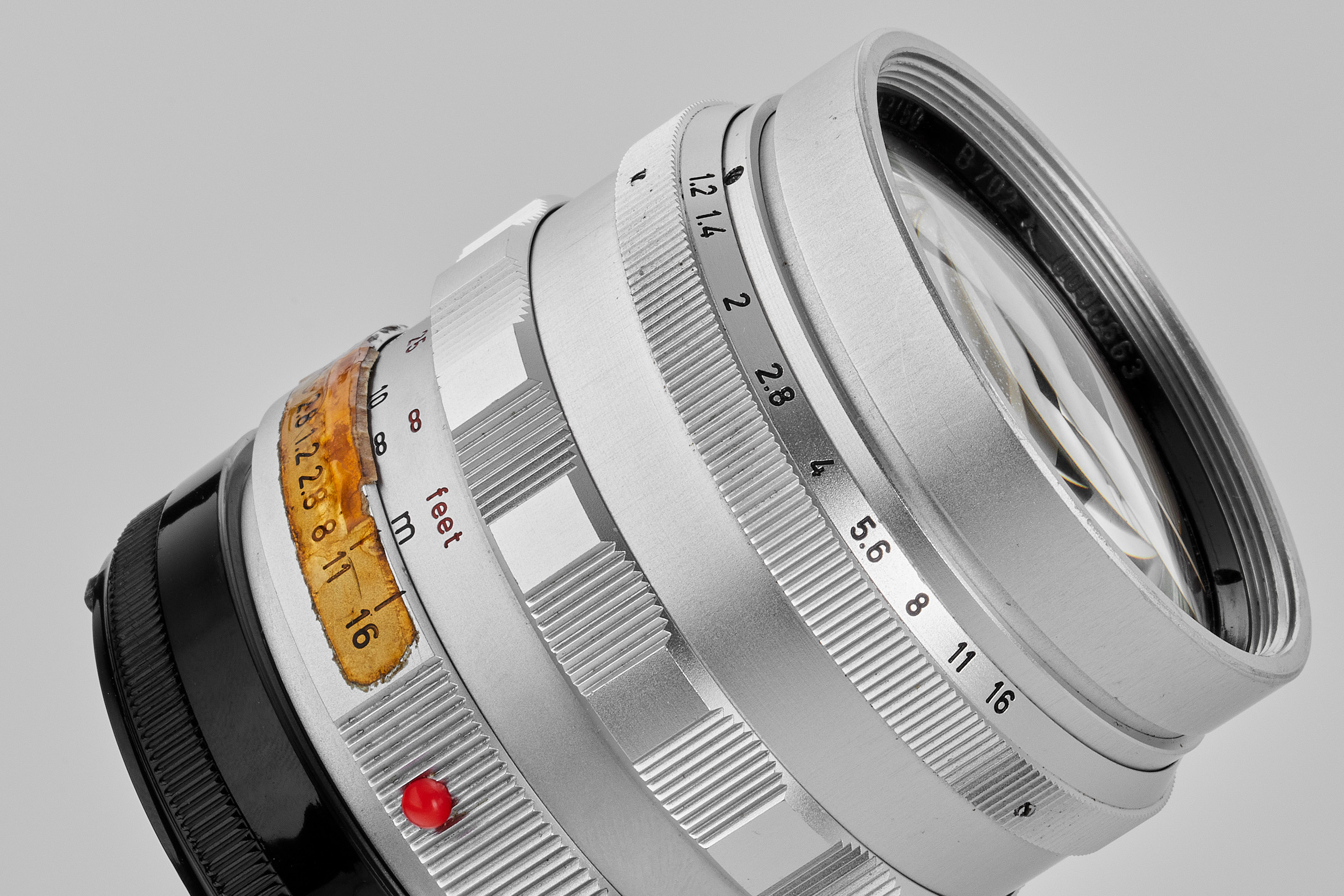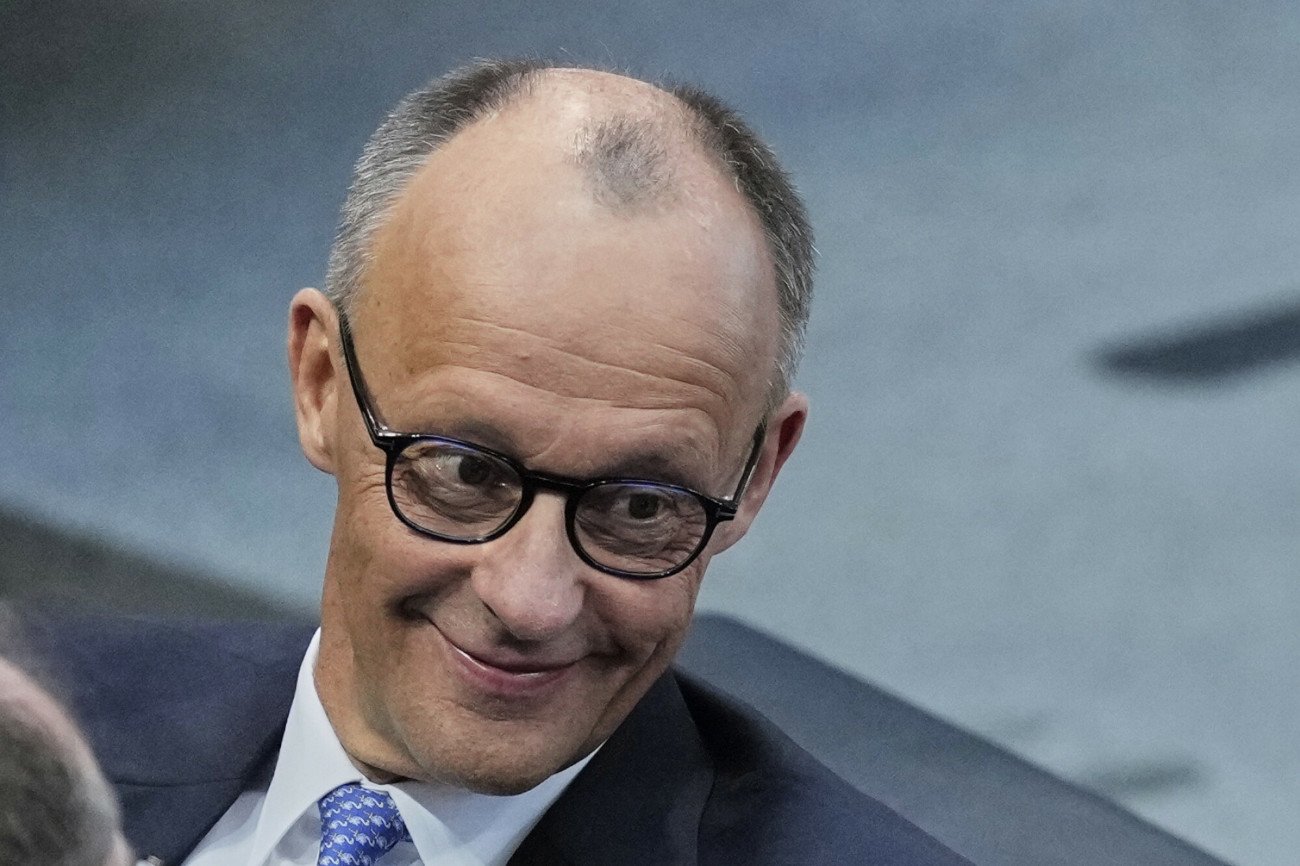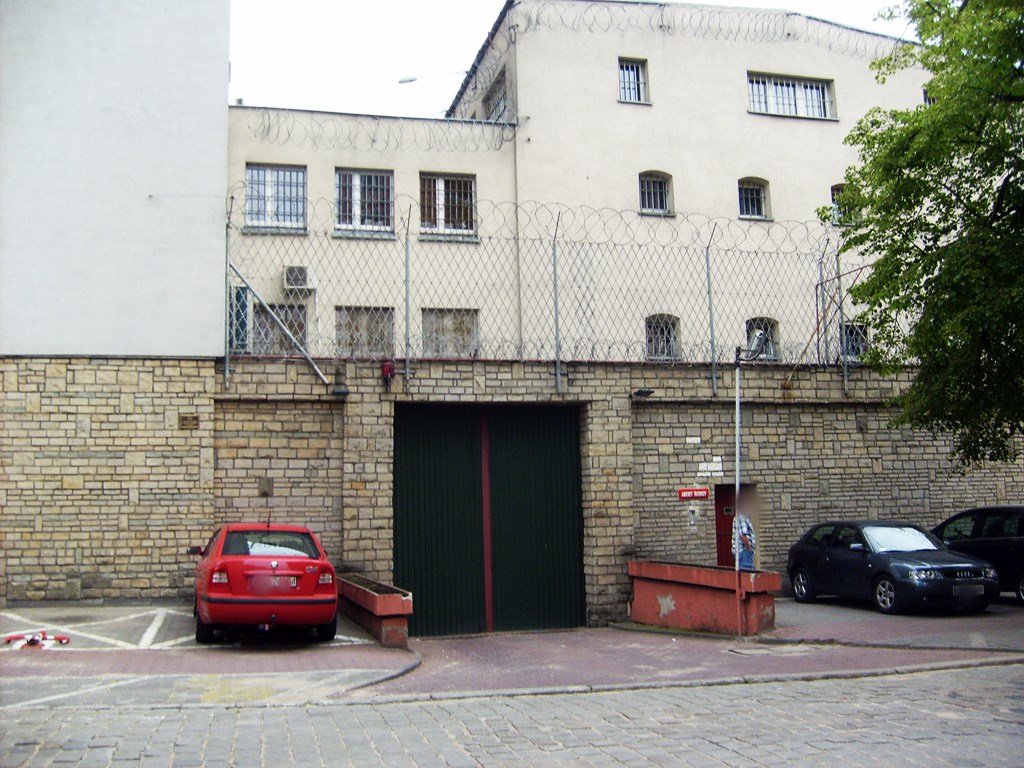
„Zero Cancelations”: Ferrari Stock Races Higher Amid „Hot” Demand For Supercars Despite Tariffs
While most global car companies – even Tesla – are suspending guidance, cursing tariffs for plunging demand and barely treading water at a time when Chinese dumping of its own cars has flooded the European market with ultra cheap alternatives while Democrats in the US have sworn to never again buy anything from Elon Musk, one car company stands above all others. Shares of Italian supercar maker Ferrari rose over 1.0%, and was trading not far below its all time high, after the Italian luxury carmaker reported Ebitda for the first quarter that met analyst estimates, with Bernstein saying the company stands out against rivals after it maintained its guidance.
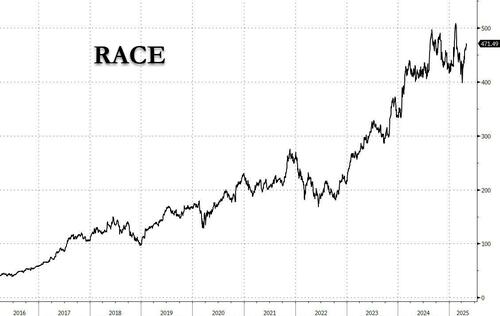
Another reason why Ferrari’s stock is likely to take out record highs on short notice: demand for the company’s supercars in the US remains “hot” despite price increases to offset Donald Trump’s tariffs, the CEO said as the company maintained its guidance for profit growth this year.
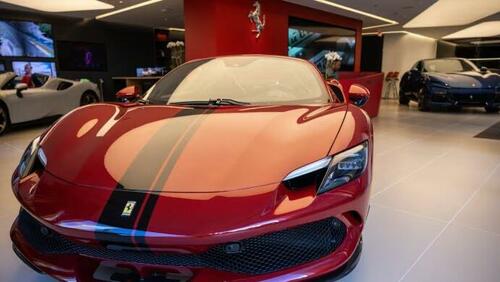
The Italian company is exposed to Trump’s 25% tariffs on imports of foreign-made cars since it makes all of its cars in Italy, even though the US is its largest market and is where it sells about one in four cars. But, unlike virtually every other company, the luxury-car maker also has enough brand strength to pass on the tariff costs to consumers. In other words, if you can pay $300K for a car, you will be just as likely to pay $400K.
The company on Tuesday said it had not received cancellations in its order book — which already covers the whole of 2026 — even after it announced plans in March to raise prices for some of its models by up to 10 per cent.
“Today, we don’t see any weakening of the order book,” said chief executive Benedetto Vigna. “When it comes to the tariff, specifically, I think the order book and the portfolio we have allow us to navigate with better visibility.”
According to the FT, Ferrari reported a 23% YoY increase in Q1 operating profit to €542 million while revenue increased 13% to €1.79bn. Both metrics, which beat estimates, reflected continuing demand for personalisation, with buyers adding expensive features to their supercars.
While many other carmakers have withdrawn or sharply reduced their guidance over the past week, Ferrari broadly stuck with its previous forecast for an adjusted operating profit of at least €2bn and a profit margin of at least 29%. Ferrari cautioned that the guidance faced a potential risk of a 50bps reduction on profitability percentage margins, but considering how its peers Ford and GM have been slashing guidance, 0.5% seems like a joke by comparison.
“Ferrari stands out, reporting consensus-beating first-quarter results and confidently reiterating its fiscal 2025 guidance,” Bernstein analysts wrote, describing the outcome as “rock steady”.
The company has managed to generate higher margins even as shipments only increased 1% from a year earlier to 3,593 vehicles. The group delivered five hybrid models in the first quarter, representing 49% of total shipments.
Meanwhile, what was once the company’s fastest growing market continues to shrink as shipments to China, Hong Kong and Taiwan fell 25% during the first three months of the year as luxury car brands continue to grapple with slowing demand in China.
But China represents a relatively small market for Ferrari because the carmaker sets a cap of 10 per cent on deliveries to the country.
Vigna said on Tuesday that the company was also on track to unveil its first electric vehicle in October, with sales due to start a year later in 2026.
Tyler Durden
Tue, 05/06/2025 – 15:20



